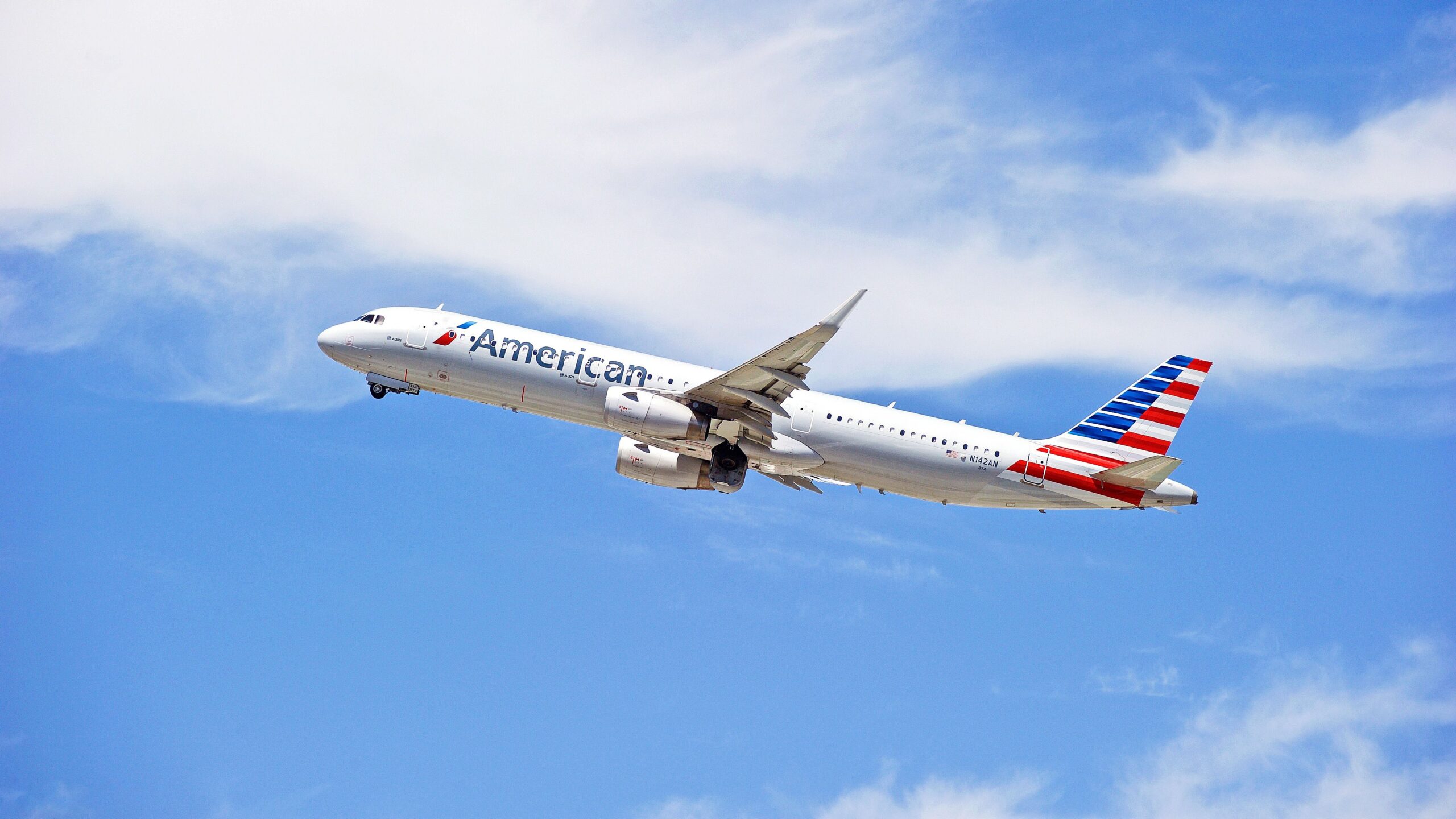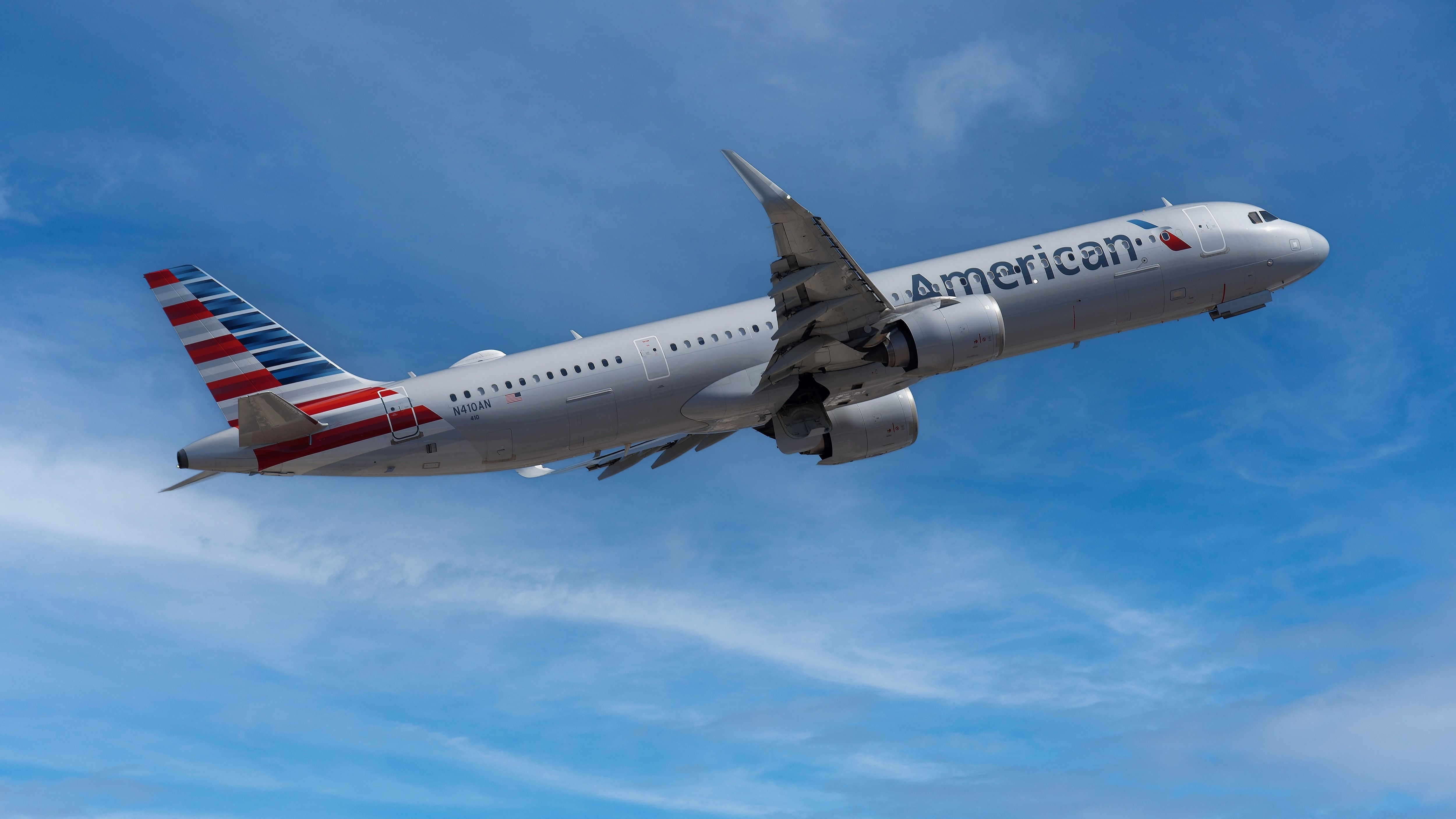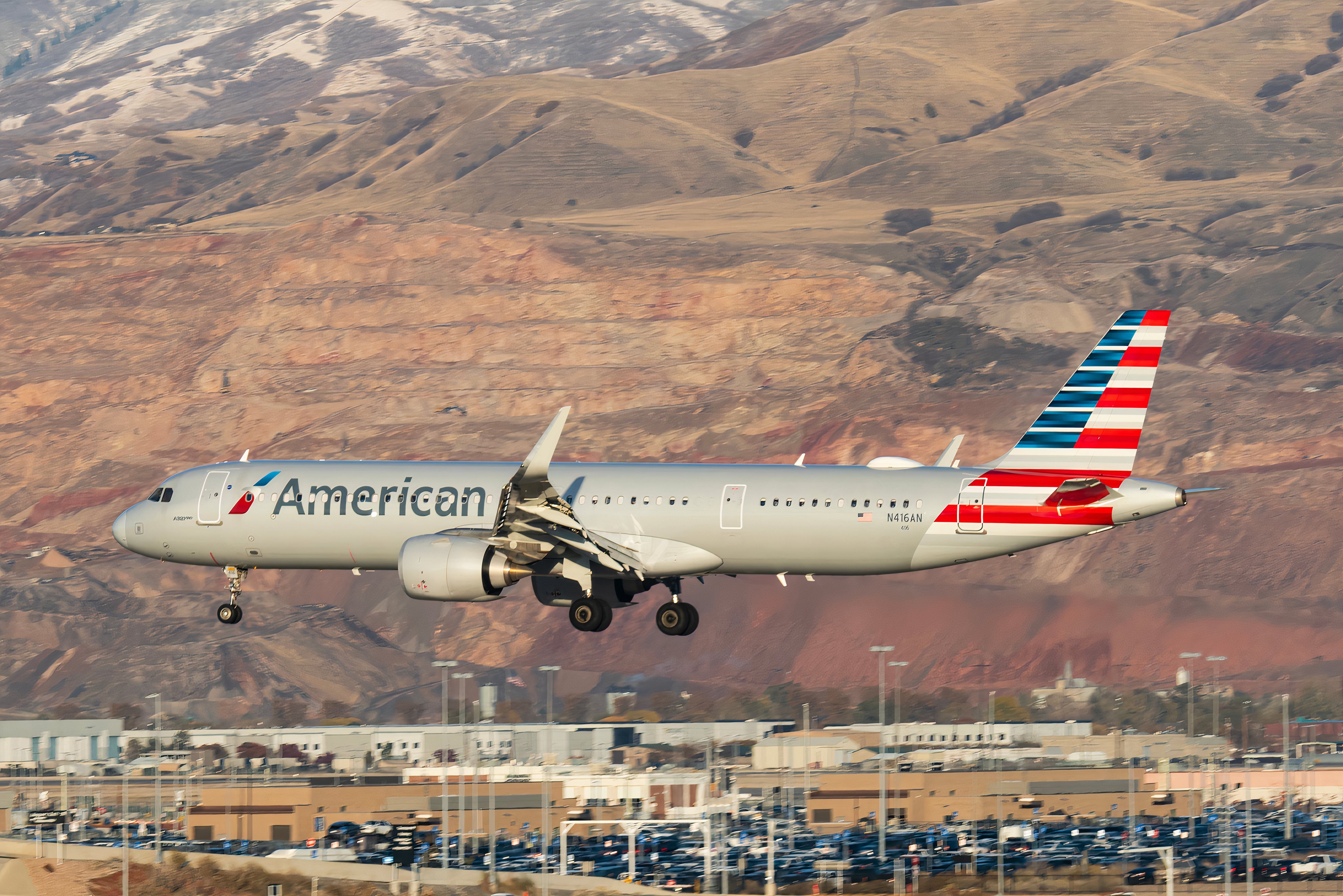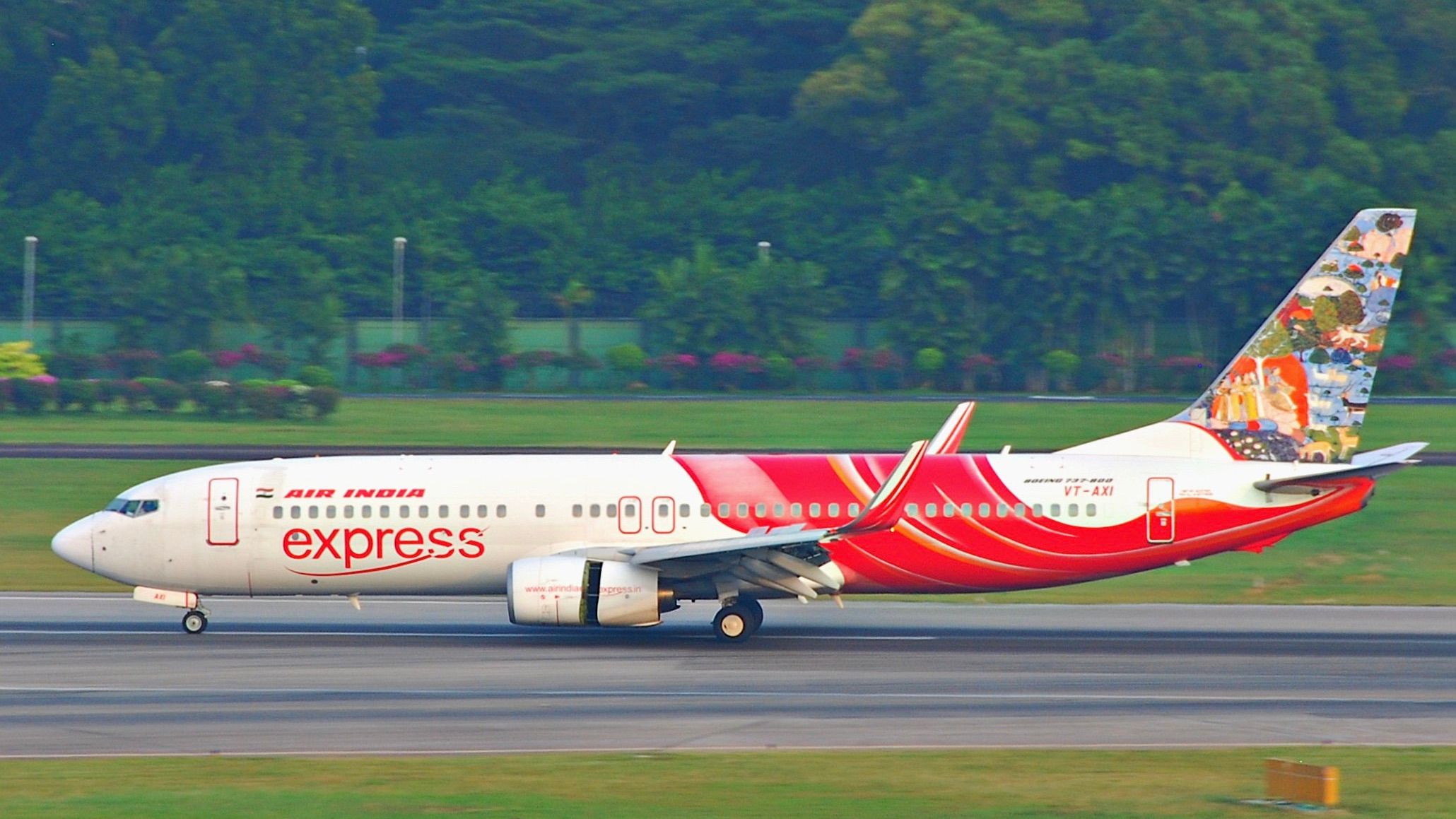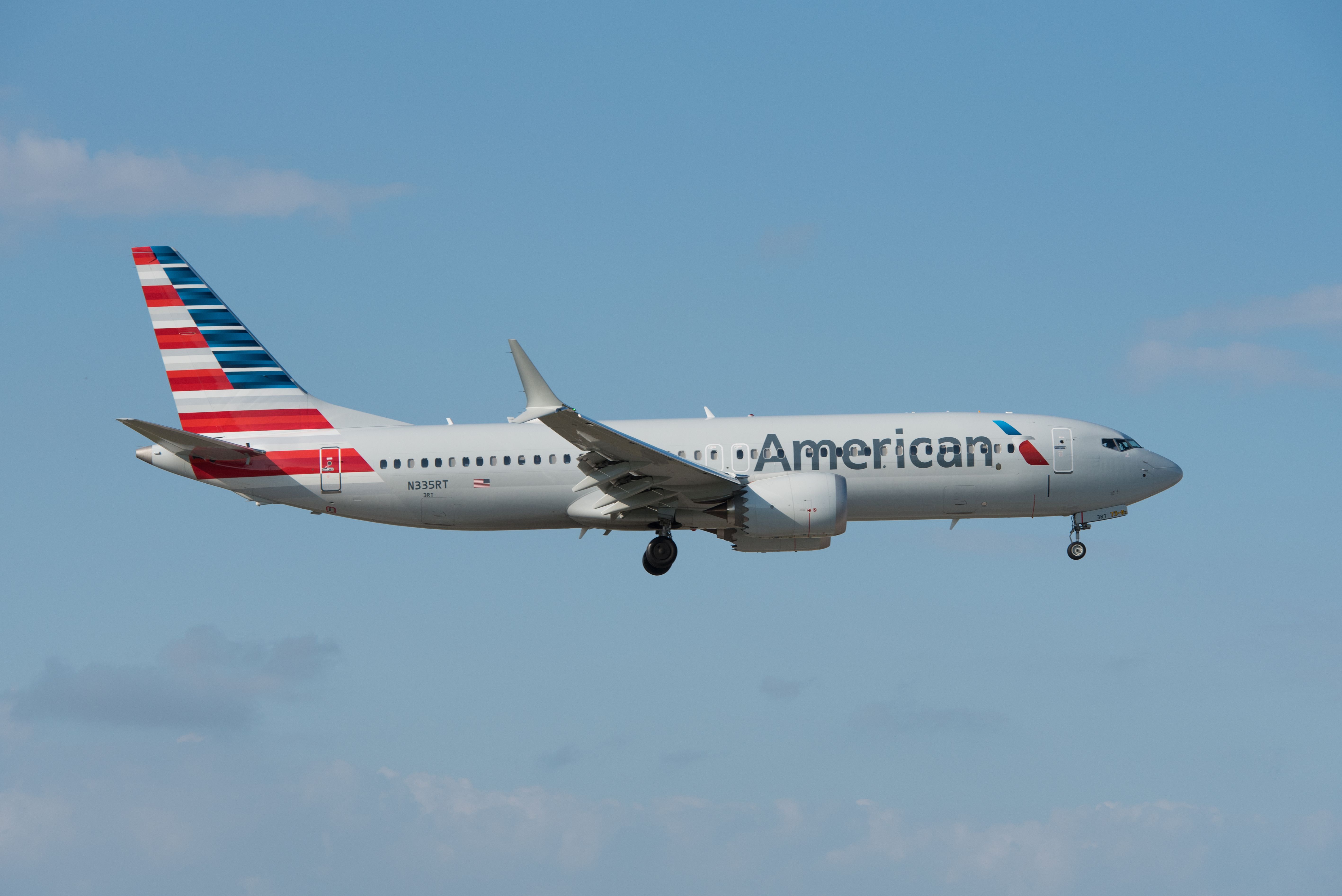An ![]() American Airlines
American Airlines
flight encountered a hydraulic failure that forced it to divert to Hartsfield-Jackson Atlanta International Airport (ATL)
in Georgia. The aircraft arrived safely at the airport, and no passengers or crew members were injured.
Trouble on AA3285
American Airlines flight 3285 operated a scheduled passenger service between Austin-Bergstrom International Airport (AUS) and Charlotte Douglas International Airport (CLT) on Thursday, November 14, 2024. The flight was operated by an Airbus A321.
Photo: Robin Guess | Shutterstock
AA3285 was scheduled to depart Austin at 10:08 CST and left eight minutes late at 10:16. The average flight time for this service, according to FlightRadar24, is 2 hours and 6 minutes long.
The flight cruised at 35,000 feet and hit a maximum ground speed of 519 knots. While enroute, about 100 nautical miles southwest of Atlanta, the flight crew decided to divert to Atlanta due to a hydraulic failure. At around 13:00 EST, the aircraft touched down safely on runway 09L. The aircraft had to be towed off the runway. Without hydraulics, the crew could not steer the nose gear of the aircraft.
Photo: Robin Guest | Shutterstock
According to Planespotters.net, the A321 involved in the incident, N140AN, is an almost 10-year-old aircraft delivered to American in July 2015. It rolled off Airbus’ final assembly line in Hamburg, Germany, and is powered by two IAE V2500 engines.
Similar incidents in recent months
While aviation has become one of the safest transportation methods, several hydraulic-related incidents have happened this year with commercial aircraft. Though posing a threat to the safety of passengers and flights, recent incidents have shown that swift response can make it nothing more than an inconvenience for passengers.
On October 11th, an Air India Express Boeing 737-800 traveling from Tiruchirappalli to Sharja was forced to return to its origin after the aircraft’s landing gear would not retract. Upon a slightly delayed departure, the crew performed several holding patterns to troubleshoot the issue and burn fuel. The aircraft arrived back in Tiruchirappalli after over 2.5 hours in the air.
Meanwhile, similar issues have occurred in the United States in the past few months. For example, on October 2nd, a United Airlines 757-200 was forced to return to Denver after hydraulic failures were reported just after takeoff. The Lihue-bound flight returned to Denver 30 minutes later, and no injuries were reported to the passengers and crew.
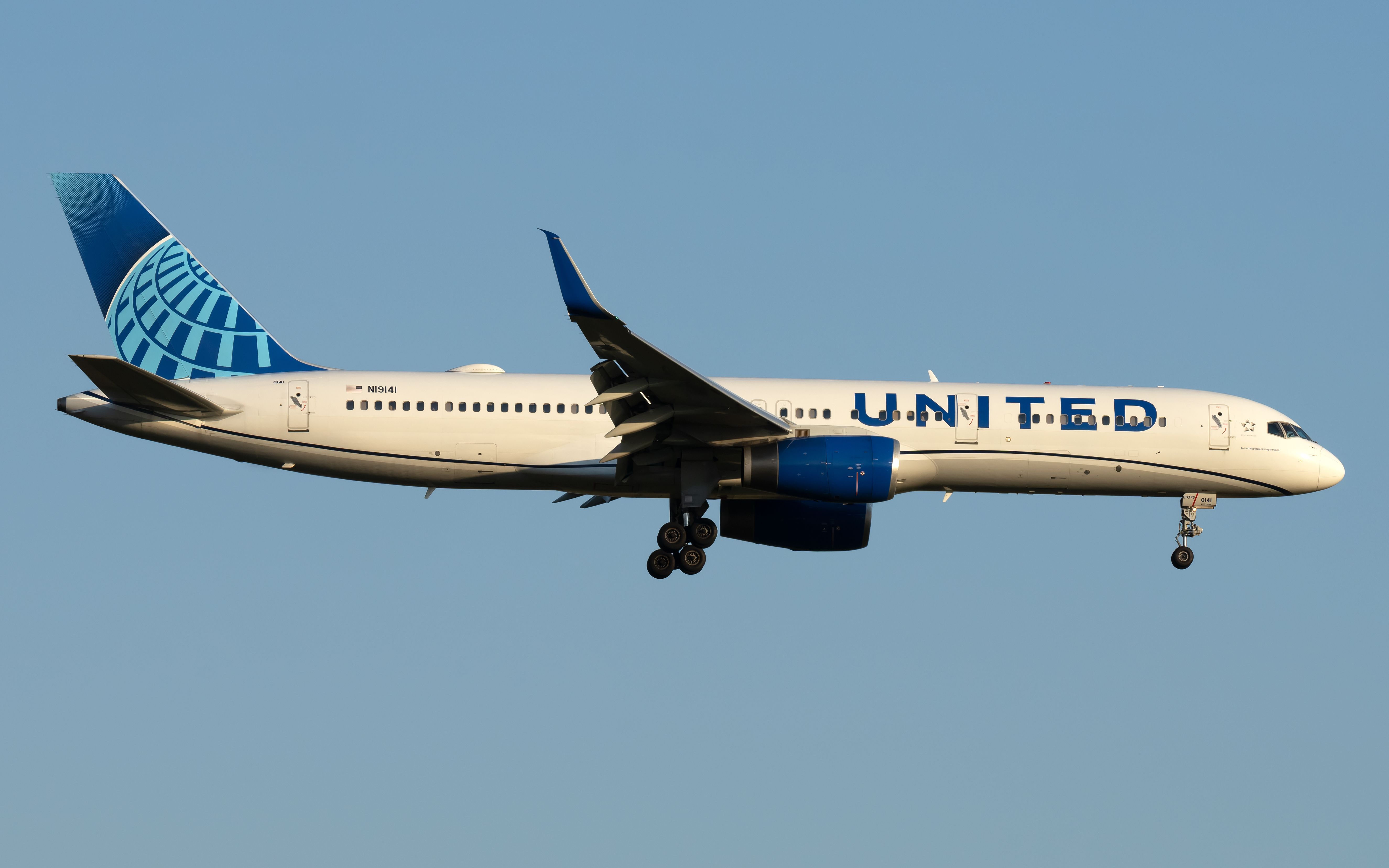
United Airlines Boeing 757 Diverts To Honolulu Following Hydraulic Failure
The aircraft was grounded in Hawaii for over 40 hours before being flown to Denver.
American’s investment in the A321
The Airbus A321 has become essential to American’s short and medium-haul operations. Operating alongside the A320 and A319, as well as the 737-800 and 737 MAX 8, this narrowbody plays a vital role in feeding domestic passengers to the airline’s hubs across the US.
American has also acquired the A321neo, the next-generation update to the aircraft type that offers enhanced efficiency and an improved customer experience. American is one of several US operators, along with Delta Air Lines, Frontier Airlines, JetBlue Airways, Spirit Airlines, and United that utilize the type.
Photo: ajuangon | Shutterstock
The carrier has also ordered the A321XLR, which offers an extended range that will allow the airline to deploy it on long-haul routes across the Atlantic Ocean. American expects to receive this aircraft sometime in 2025.

